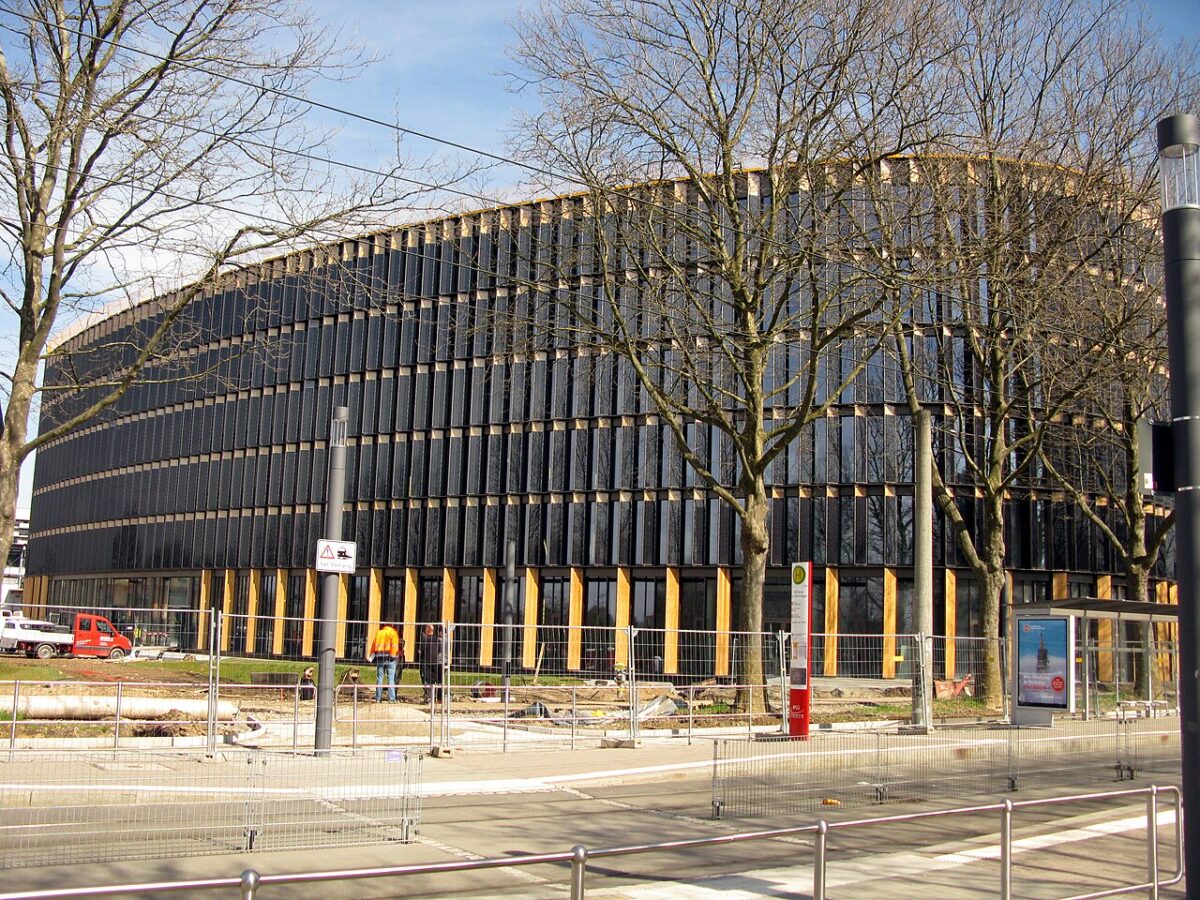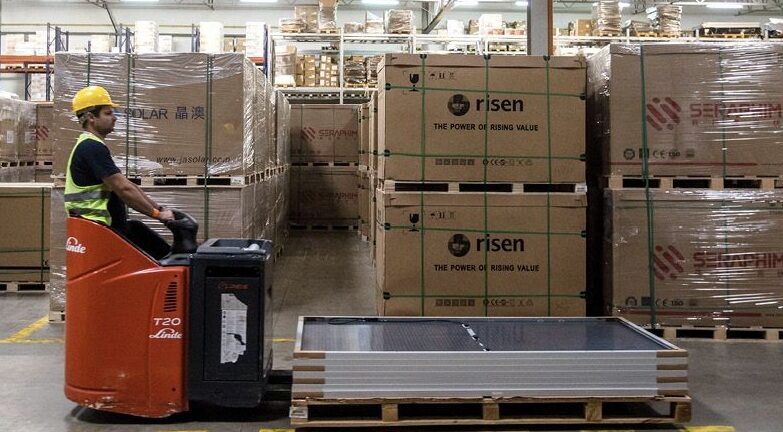There is an urgent need to harmonize testing and certification standards for building-integrated photovoltaics (BIPV), according to the latest report from the International Energy Agency’s Photovoltaic Power Systems Programme (IEA-PVPS).
The programme’s Task 15 report, Advancing BIPV Standardization: Addressing Regulatory Gaps and Performance Challenges, says such standards must address building-related and electrotechnical requirements and are crucial for reducing costs, simplifying market entry and promoting international cooperation.
The report explains that BIPV growth has “not always met expectations” and still only occupies a niche in the solar sector, with its market currently estimated between 300 MW and 500 MW in Europe and around 2 GW globally.
It cites integration challenges, a lack of standardization and cost-effectiveness as primary reasons for BIPV’s slower uptake, as well as limited education among construction professionals, a shortage of skilled individuals combining PV and building expertise and competition from traditional solutions.
“This is also related to the fact that a distinct difference in standardization between the two sectors of buildings and electrical equipment exists,” the report says. “While traditional PV boasts a comprehensive set of standards, BIPV still seeks standardized testing that encompasses both PV and construction needs and avoids duplication of similar tests.”
The report explains that BIPV regulation at the international level is still mainly addressed by IEC standards for the electricity part and ISO standards for the building part. It says to obtain validation and certification for their products, BIPV manufacturers must conduct tests and follow compliance procedures established by both sectors, which can lead to increased costs, time delays and market uncertainties.
The report says a targeted and clear standardization framework, considering factors including quality, reliability, performance and safety, is crucial for BIPV’s future, by helping to unlock greater market potential and ensuring safety and quality standards.
It adds that global harmonization across the market, by achieving a balance between standardized protocols and local construction regulations, will be key to ensuring consistent quality and adaptability across regions.
Fabio Parolini, one of the report’s authors, called BIPV a critical step towards unlocking their full potential in the global transition to sustainable energy. “The report highlights the urgent need to close regulatory gaps and harmonize standards for building-integrated photovoltaics (BIPV),” he added.
The report also details performance-based methodologies for assessing the mechanical and electrical behavior of BIPV modules and systems, paving the way for more efficient and reliable products.
Elsewhere in the report, IEA-PVPS says a significant stride has been made through the BIPVBOOST project, a European initiative that documents state-of-the-art criteria and requirements for BIPV product qualification and proposes initial testing protocols, including operating temperatures and impact resistance tests.
“This proactive approach, currently being implemented in ongoing projects, aims to drive advances in BIPV technology by fostering international consensus and facilitating seamless integration into existing regulatory frameworks, paving the way for a promising future for BIPV,” the paper concludes.
IEA-PVPS’ latest report follows recent publications on partially-shaded PV generators, global solar manufacturing and energy hubs for green hydrogen.
This content is protected by copyright and may not be reused. If you want to cooperate with us and would like to reuse some of our content, please contact: editors@pv-magazine.com.




By submitting this form you agree to pv magazine using your data for the purposes of publishing your comment.
Your personal data will only be disclosed or otherwise transmitted to third parties for the purposes of spam filtering or if this is necessary for technical maintenance of the website. Any other transfer to third parties will not take place unless this is justified on the basis of applicable data protection regulations or if pv magazine is legally obliged to do so.
You may revoke this consent at any time with effect for the future, in which case your personal data will be deleted immediately. Otherwise, your data will be deleted if pv magazine has processed your request or the purpose of data storage is fulfilled.
Further information on data privacy can be found in our Data Protection Policy.